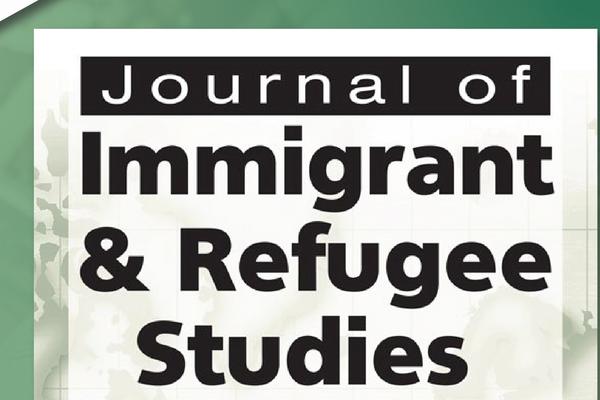Impact Case Study: Inclusion of irregular and destitute migrants in European city policies and practices
City Initiative on Migrants with Irregular Status in Europe (C-MISE)
About
Research led by the Centre on Migration, Policy and Society (COMPAS) at the University of Oxford led to the establishment of a knowledge-exchange network with a core group of European cities that directly engaged 44 cities in an unprecedented dialogue on a highly sensitive issue: municipal service provision to irregular (‘illegal’) migrants.
This research began in 2012 with a project that mapped service provision across 14 countries. Additional projects focused on UK local authority practices in relation to destitute migrant children and the ability of irregular migrants to report if they are the witness to or victim of crime. Following these studies a knowledge exchange network, C-MISE, was launched in 2017. It initially consisted of a working group of 11 European municipalities (including two ‘associate members’) from 10 European countries that met over two years with four aims:
- build a more substantial body of evidence on city practices concerning migrants with irregular immigration status
- share learning on policy and practices about service provision to adults and children
- develop and disseminate guidance material on critical areas of service provision, relevant to municipalities across Europe
- develop a shared, city perspective on ways in which irregular migrants could be mainstreamed into EU policy agendas

As the first-ever Europe-wide city dialogue on irregular migrants, C-MISE and its Guidance was a first response to cities’ need to find legal and effective measures to manage irregular migrants and the social and economic implications of their presence. C-MISE was confirmed to continue in 2020 and 2021 to respond to cities’ need to:
- disseminate expertise on city practices and Guidance materials
- engage in dialogues with a broader group of cities and towns
- continue building city capacity and expertise to ensure cities’ participation in exchanges and reforms
- mainstream the issue of irregular migrants across city networks
Irregular Migrants in European Cities: How to respond? (with subtitles)
The Impact
The network – the City Initiative on Migrants with Irregular Status (C-MISE) – has published comprehensive guidance and a video documentary (above), promoted to 47 countries by the Council of Europe and to 140 cities by the Intercultural Cities network.
The work of C-MISE has led to reforms by 8 cities relating to additional provision of healthcare, shelter, legal advice and other services, impacting on migrants and other residents. Within the UK, the research directly led to an award-winning, online diagnostic tool, used 39,616 times by local authorities, advice agencies and individuals, to assess eligibility of destitute migrant children for shelter and subsistence support. At a European level The EU Victims Strategy (2020) adopted a research recommendation to extend protection to victims with irregular status.
“the C-MISE guidance, derived from COMPAS's extensive research, was invaluable for us in providing examples of good practices abroad… relating to shelter and related services, which we are now developing here”.
Deputy Manager, Asylum and Refugee Policy Service, Department of Living Together, Welfare and Health, Ghent City Council, 26 Oct 2020






